Hair is more than just aesthetics. It’s a barometer for internal health and nutritional status. While genetics and hormones play a large role in hair growth, nutrients are the unsung heroes supporting hair structure, strength, and the integrity of the hair growth cycle.
In this guide, we’ll examine how specific vitamins influence hair health, what deficiencies can do to your strands, and how to navigate supplements with discernment. This is not about miracle fixes. It’s about understanding the biology of hair and the nutrients that support it.
Can Vitamins Help Hair Growth?
Vitamins do not grow hair overnight. But certain nutrients are essential for the biological processes that make growth possible. The hair follicle is one of the most metabolically active structures in the body. It needs a consistent supply of nutrients to build keratin, repair tissue, and regulate its cycle.
How Nutritional Deficiencies May Affect Hair
When the body is low on key nutrients, hair often takes the hit first. It’s non-essential tissue, so the body prioritizes other organs when resources are limited. Deficiencies in iron, vitamin D, B vitamins, and others are linked to:
-
Thinning or shedding (telogen effluvium)
-
Slower hair growth
-
Changes in texture or strength
Vitamins That Can Support Hair Health
While no vitamin acts as a standalone solution, the following nutrients have established roles in maintaining healthy hair through various metabolic, structural, and regenerative functions.
Biotin (Vitamin B7) - Structure and Hair Protein Formation
Biotin is crucial for keratin production, the protein that makes up the bulk of hair. Biotin deficiency, although rare, can cause hair thinning, brittle nails, and skin rashes.
Sources: eggs, nuts, seeds, whole grains
Vitamin D - Follicle Development and Hair Cycle
Vitamin D impacts the hair follicle cycle, especially the anagen (growth) phase. It’s also involved in the creation of new hair follicles. Low levels of vitamin D have been associated with various forms of hair loss, including alopecia areata.
Sources: sunlight, fatty fish, fortified foods
Iron - Oxygen Transport and Hair Follicles
Iron enables red blood cells to carry oxygen to cells, including those in the scalp and follicles. When iron is low, hair follicles may not receive the energy needed for growth, contributing to shedding.
Sources: red meat, lentils, spinach, fortified cereals
Vitamin C - Collagen Production and Iron Absorption
Vitamin C helps synthesize collagen, which supports the structure of hair follicles. It also enhances the absorption of non-heme iron (the type found in plants).
Sources: citrus fruits, berries, bell peppers, broccoli
Zinc - Protein Synthesis and Hair Tissue Repair
Zinc supports hair growth through its role in DNA replication, tissue repair, and oil gland function. A lack of zinc can lead to hair loss and a dry, flaky scalp. However, too much zinc can also trigger shedding.
Sources: shellfish, beef, pumpkin seeds, legumes
Vitamin A - Cell Growth and Sebum Production
Vitamin A is needed for the growth of all cells, including hair. It also supports sebum production, which moisturizes the scalp. Too much vitamin A can actually lead to hair loss, so supplementation should be approached with caution.
Sources: sweet potatoes, carrots, leafy greens, eggs
B-Complex Vitamins - Energy Metabolism and Hair Structure
Beyond biotin, other B vitamins like B12, B6, and folate support red blood cell production and DNA synthesis, which are essential for healthy follicles. Deficiencies may contribute to weak hair and reduced growth.
Sources: meat, fish, dairy, leafy greens
What to Look for in Hair Growth Vitamin Supplements
Not all supplements are created equal. Labels can be persuasive, but efficacy hinges on formulation, dosage, and sourcing.
Third-Party Testing
Choose supplements that undergo independent testing for purity, potency, and safety. This reduces the risk of contaminants and ensures accuracy.
Dosage Forms
Capsules, softgels, powders, and liquids each have pros and cons. Liquids and powders may offer better absorption, while capsules are convenient and travel-friendly.
Manufacturing Standards
Supplements should be manufactured in facilities following Good Manufacturing Practices (GMP). This helps ensure consistent quality and safety.
Ingredient Transparency
Reputable brands disclose not just active ingredients, but also fillers, binders, and other excipients. Avoid vague terms like "proprietary blend" unless exact dosages are clearly listed.
When to Consult Healthcare Providers
Hair loss may signal underlying conditions such as thyroid dysfunction, hormonal imbalances, or nutritional deficiencies. Before beginning a supplement routine—especially at higher doses—it’s best to consult a healthcare provider. Blood tests can guide appropriate and targeted interventions.
Bottom Line
Hair growth is influenced by a complex network of internal systems. Nutrients play a key role, but they are only one piece of the puzzle. Supporting hair health means addressing deficiencies, optimizing overall wellness, and supplementing smartly, not reactively.
There is no shortcut to vibrant hair, but there is science. Start with understanding, not hype.
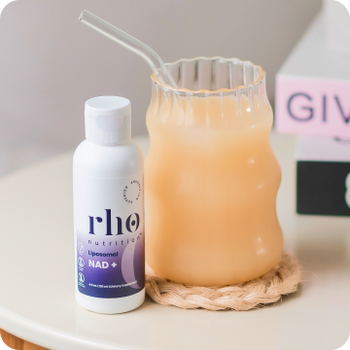
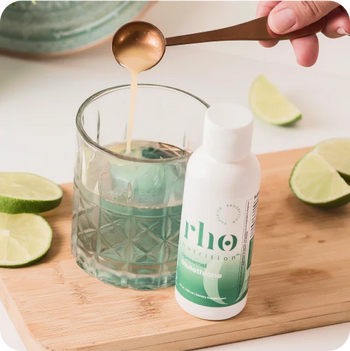
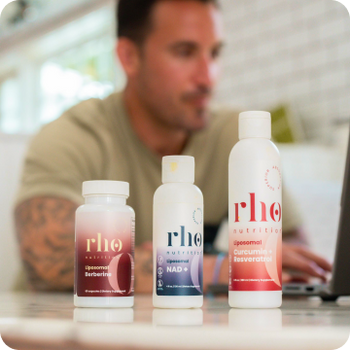
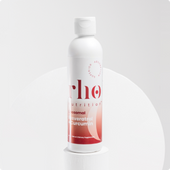
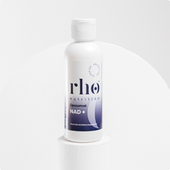
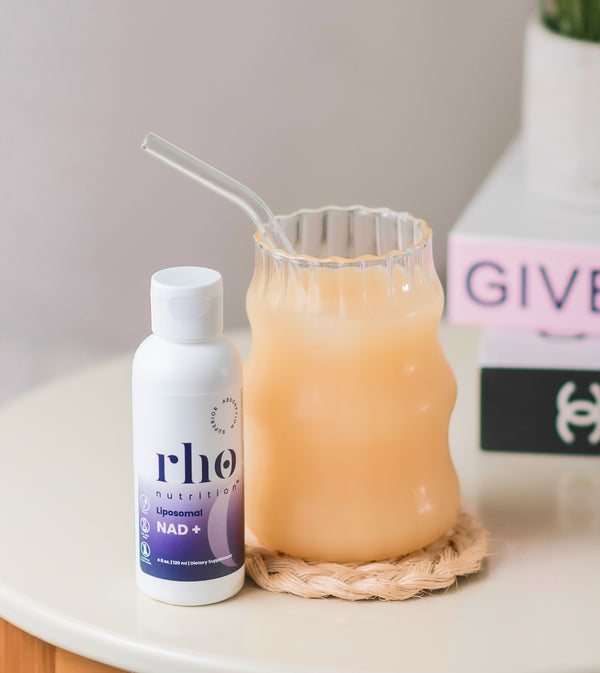
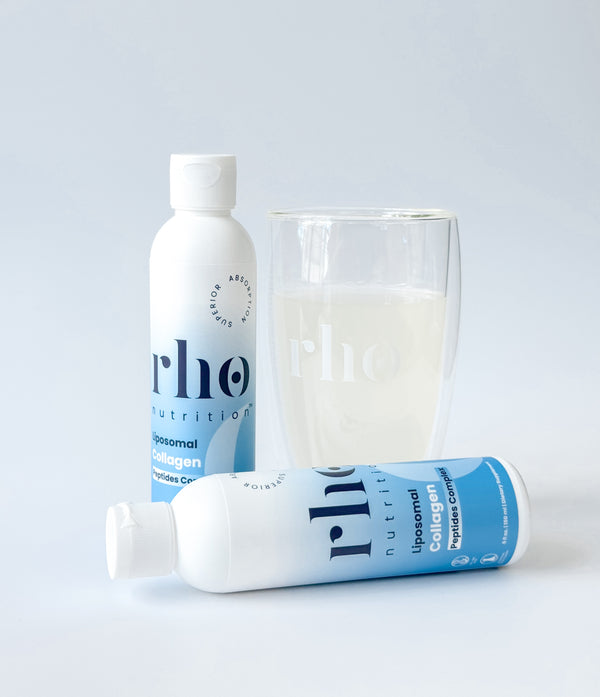
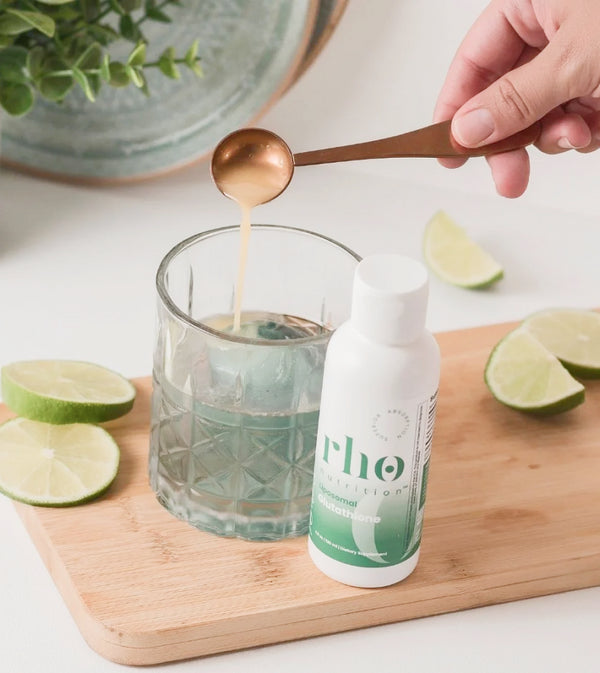
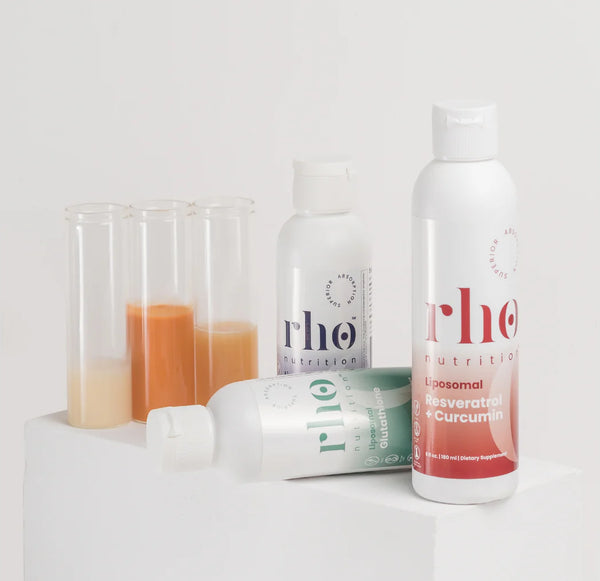
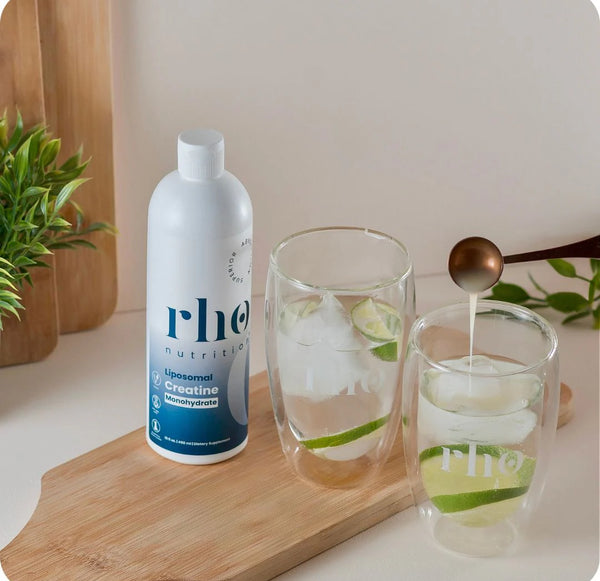



Leave a comment